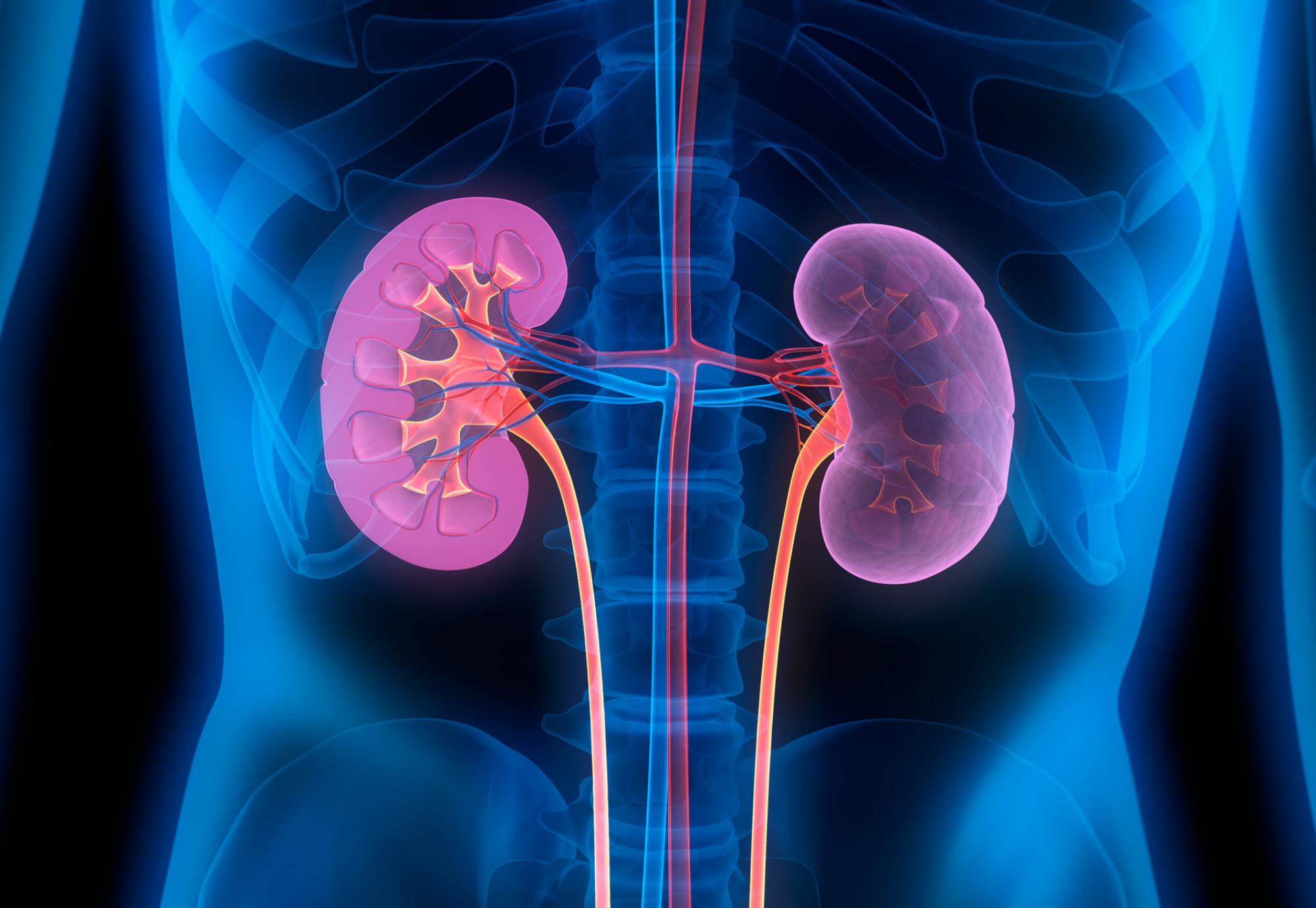An NIHR-funded research study has found that planned breaks from drug treatments for kidney cancer do not detrimentally affect a patient’s life expectancy or quality of life, while providing positive benefits such as reducing the impact of side effects.
Led by researchers from the University of Sheffield and University of Leeds, the STAR clinical trial showed patients being treated for advanced kidney cancer could take a planned break from treatment without consequence.
Alongside reducing the impacts felt by patients from drug treatments’ side effects, the break also provided the added benefit of saving costs for the NHS.
The 10-year trial involved over 900 patients across the UK, focusing on patients being treated with sunitinib or pazopanib – successful but expensive treatments, which can cause a number of side effects including liver damage, painful blistering on extremities, high blood pressure, and tiredness.
In the UK, kidney cancer is responsible for more than 4,500 deaths annually and is becoming more common.
Both of the tested drugs are biological targeted treatments which are used for many years and can treat advanced kidney cancer which cannot be removed or cured by surgery. However, both drugs’ side effects can also become so severe that they too need treatment to be reduced or stopped.
The STAR trial is the world’s largest trial to date to demonstrate the value of allowing ‘treatment holidays’ in kidney cancer management, a concept which clinicians are increasingly interested in.
The trial was funded by the NIHR’s Health Technology Assessment (HTA) programme.
Professor Janet Brown, the study’s Chief Investigator, from the University of Sheffield said: ‘We are delighted that the STAR trial has demonstrated that patients may take a break in their treatment without endangering the benefits they receive from these drugs.
“Whilst these drugs have succeeded in prolonging life expectancy, we should not underestimate the burdens imposed on patients by the side effects of the drugs and the need for patients having to frequently attend hospital for blood tests.
“The trial also demonstrated that taking treatment breaks was well-accepted by both patients and their clinicians, indeed many patients opted for more treatment breaks than the trial demanded. We hope that the rigorous evidence provided by the trial will lead to changes in normal practice for the benefit of patients, clinicians, and the NHS, which can potentially save millions of pounds annually.
“We also hope that the trial will be an example to encourage patients and clinicians to consider the benefits of treatment breaks for other types of treatment and in other cancers.”
Professor Nick Lemoine, Medical Director of the NIHR Clinical Research Network (CRN), added: “We’ve come a long way in developing medicines to fight cancer. But the important findings from this trial add a new twist to the tale, by showing that we can provide a treatment break without reducing life expectancy.
“This is robust and welcome evidence for clinicians and policy makers at a time when the NHS needs to provide cost-effective services in the continuing pandemic.
"The researchers should be congratulated for their efforts in this long-term 10 year trial which will make huge differences to people's lives."



















